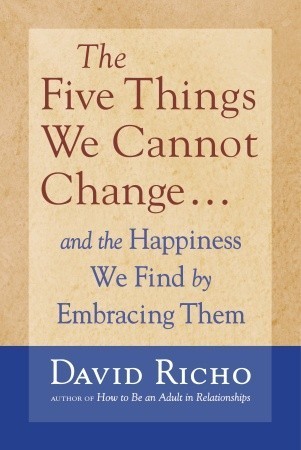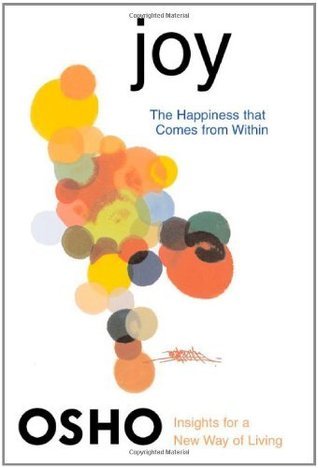
The Five Things We Cannot Change: And the Happiness We Find by Embracing Them
Book Description
What if acceptance is the key to unlock true happiness? In "The Five Things We Cannot Change," David Richo illuminates the profound truths that shape our lives, offering transformative insights into love, loss, and the unpredictability of existence. Each page unwraps the wisdom of surrendering to life's inevitabilities, revealing how embracing grief, imperfection, and uncertainty can lead to a deeper sense of peace and connection. Richo’s compelling narrative drives home the message that the path to joy is often paved with challenges that can’t be altered. Are you ready to redefine your happiness by facing what you cannot change?
Quick Book Summary
In "The Five Things We Cannot Change," David Richo explores the transformative power of acceptance by identifying five unavoidable facts of life: everything changes and ends; things do not always go according to plan; life is not always fair; pain is a part of life; and people are not loving and loyal all the time. Drawing from Buddhist philosophy, psychology, and personal development, Richo invites readers to embrace these realities instead of resisting them. He illustrates how resisting what cannot be altered causes suffering, while acceptance fosters peace, resilience, and authentic happiness. Through practical exercises and personal stories, Richo guides readers to cultivate greater mindfulness, compassion, and openness. By recognizing and working with these fundamental truths, we develop a deeper capacity for joy, connection, and personal growth.
Summary of Key Ideas
Table of Contents
Embracing Life’s Inevitabilities
Richo begins by presenting the five unavoidable facts of existence that everyone eventually faces: impermanence, unpredictability, injustice, unavoidable pain, and the imperfection of relationships. He argues that much of our distress comes from resisting these realities, and that true happiness emerges when we learn to accept them. This acceptance is not resignation but an active engagement with life as it is. By mindfully acknowledging these truths, we can reduce our suffering and become grounded in the present moment.
Transforming Suffering Through Acceptance
The book delves into the role of acceptance in transforming suffering. Richo draws on Buddhist and psychological perspectives to show how aversion and denial intensify our pain, while conscious acceptance softens it. He encourages readers to notice their habitual reactions to unwanted events—such as anger or denial—and to practice observing these responses with compassion. Richo offers practical mindfulness exercises, helping readers stay present with difficult emotions and recognize that pain is a universal part of being human.
Mindfulness as a Path to Peace
Richo highlights mindfulness as an essential skill for living with life’s uncertainties. Through cultivating awareness and non-reactivity, we can witness our experiences—pleasant and unpleasant—with equanimity. Mindfulness, Richo asserts, provides a pathway to serenity by allowing us to move beyond habitual patterns of avoidance and control. When we pay attention without judgment, we create space for new insights and greater self-compassion, fostering meaningful connection with ourselves and others.
Letting Go of Control and Expectations
Letting go of control and rigid expectations is another theme that weaves through the book. Richo explains that trying to force outcomes leads to frustration and alienation, while surrendering to the unpredictability of life opens us to possibility and growth. He encourages readers to trust life’s flow, to set intentions rather than rigid goals, and to cultivate flexibility. This adaptability enables us to respond creatively to change and disappointment, rather than becoming mired in resentment or despair.
Finding Meaning and Growth in Difficulty
Finally, Richo explores how embracing what we cannot change can deepen our sense of meaning and purpose. By facing life’s limits with courage, we grow in wisdom and compassion. The struggles we encounter become opportunities for personal transformation, extending our capacity for empathy and deepening our relationships. In learning to accept life—on its terms—we discover an enduring happiness rooted not in external circumstances, but in inner balance and acceptance.
Download This Summary
Get a free PDF of this summary instantly — no email required.





